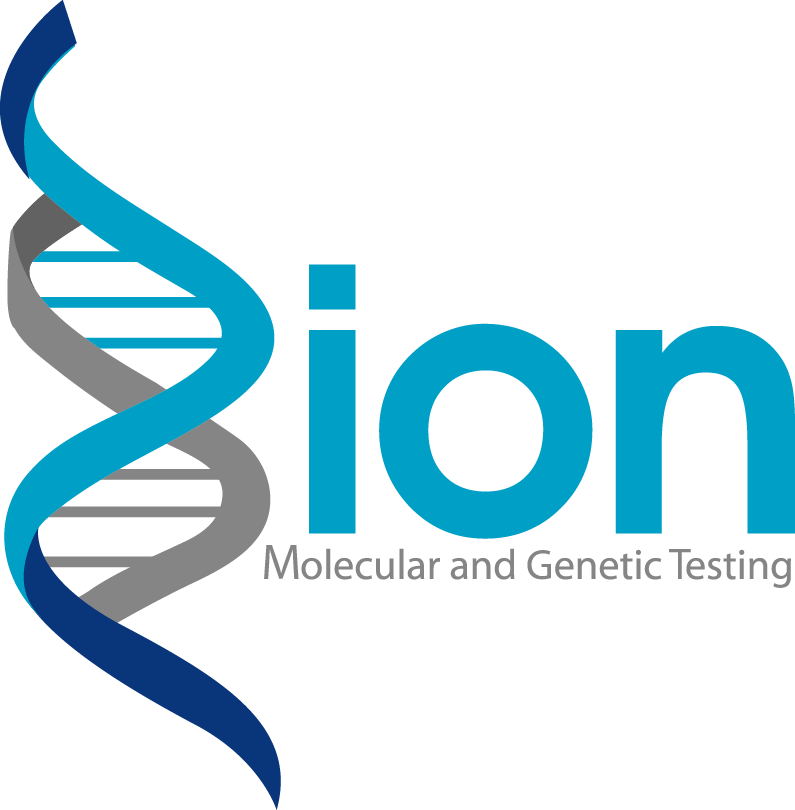We have all heard the phrase, “different strokes for different folks”. The question is, has this theory been accepted or applied when prescribing pharmaceutical drugs? For many prestige medical facilities around the country the answer is yes. If we truly believe that each individual is unique then why would we not consider this information before talking certain medications? Pharmacogenetic testing has the ability to increase patients medication adherence, provide personalized medicine, remove ‘one size fits all’ approach to treatment and give extremely useful information reagrding a patients ability or inability to metabolize medications prior to prescribing.
The utilization of PGx results can determine what medications are best suited for each individual the first time around instead of lengthy trial and error prescribing methods. Using PGx results can also prevent avoidable adverse drug reactions resulting in visits to the ER.
Pharmacogenetic testing can lower healthcare costs, increase clinical efficiencies while improving patient quality of life by prescribing patients with the right drug, right dose, for the right patient at the right time. PGx results reduce the unnessacry clinic visits, reduce medication costs due to the lower number of wasted medication thus saving time and money.
PGx results act as a road map for prescribing physicians and their staff at zero cost. Patients that should be considered for a PGx test include; Patients taking a large number of medications with the potential for serious adverse effects. Patients taking medications with a high risk of drug interactions. When patients do not respond to drug treatment and options are limited. Patients with an unexpected pattern of side effects to medications.
Pharmacogenetic testings acts as a simple and useful tool for physicians to discover details about their patients that is extremely simple to implement within a clinic.
The Clinical Pharmacogenetic Implementation Consortium (CPIC) offers guidelines for dosing specific drugs. The guidelines are referenced in our testing report when applicable.
The FDA has a PGx testing guide for over 150 medications. The list of drugs that have pharmacogenomic biomarkers included within drug labels are available on the FDA website; Table of Pharmacogenomic Biomarkers in Drug Labeling. Some drug labels recommend or even require testing on some Black Box warnings, for example Plavix, highlight the need and value for testing. These drug labels suggest a revision of a patient’s genomic profile before prescribing a certain drug due to the gene or enzyme that drug targets for metabolization. This information can only be acquired through the utilization of a pharmacogenetic test.
Is pharmacogenetic testing standard practice?
To quote Dr. Eric Topol of Scripts University who is one of the leading authorities on pharmacogenetic testing:
“We have all these things that we have just discovered that are not implemented in practice, and it’s really – it’s very frustrating,”
“Hopefully we’ll get over this some day. “When most physicians were trained, modern-day genomics was not part of the curriculum, and I’m sad to say, it’s still not part of the curriculum – but it’s starting to pick up.”
Nationwide, it is growing, but not fast enough. It is truly a matter of education. Although medications have warnings and recommendations for pharmacogenomic testing, physicians may not alway read the full prescribing information. As one physician sadly commented to me, “who ever reads the drug labels, we don’t have time for that.” That is the sad reality of todays healthcare, patients want to get in and out quick and there is no incentive for physicians to spend the time to “properly” prescribe and monitor medications.
Overview Of Pharmacogenetic (PGx) Testing Benefits, Costs, And Role In Personalized Medicine
by Omudhome Ogbru, PharmD – July 16, 2015
No Fields Found.
